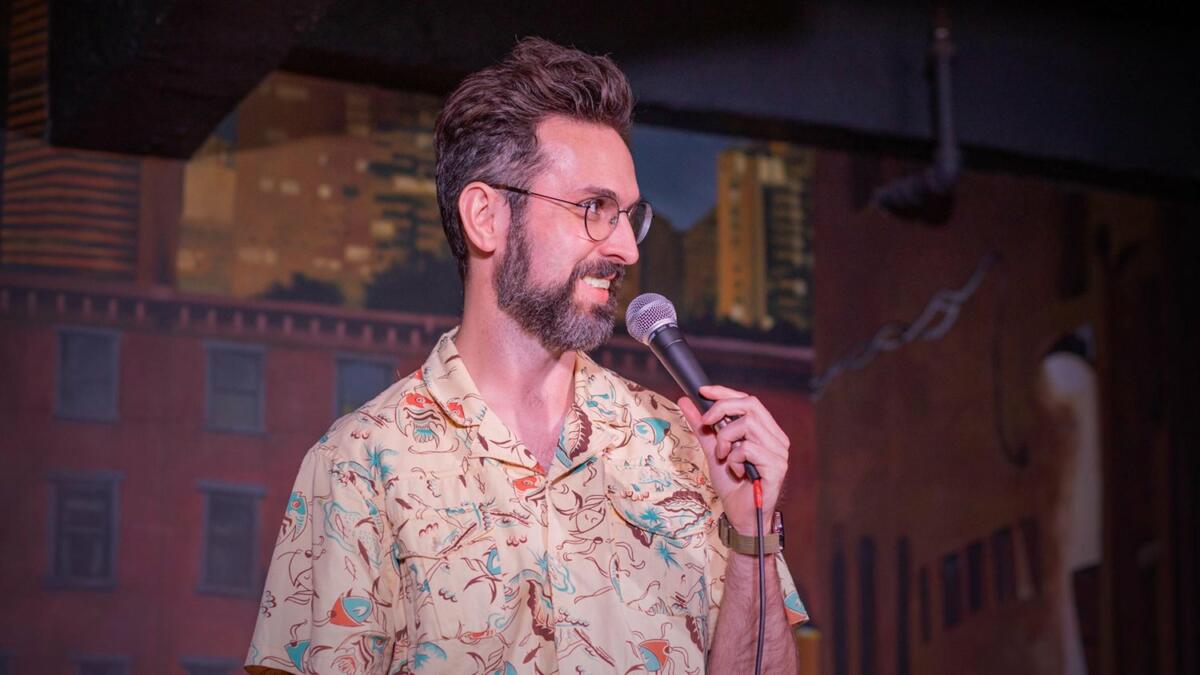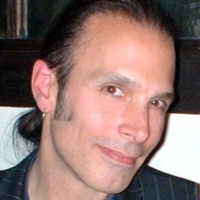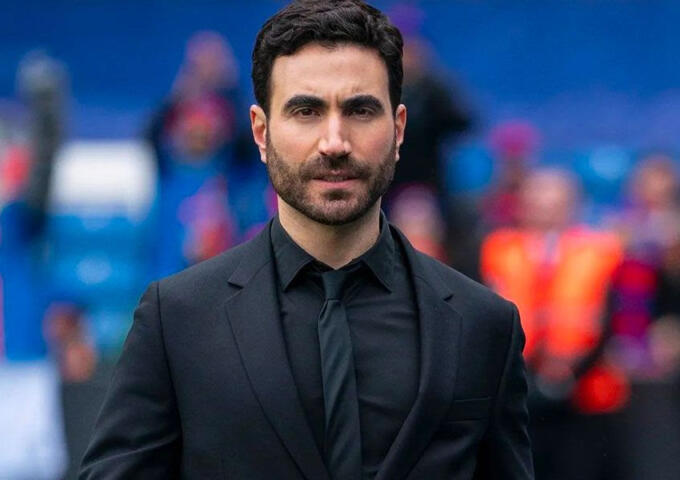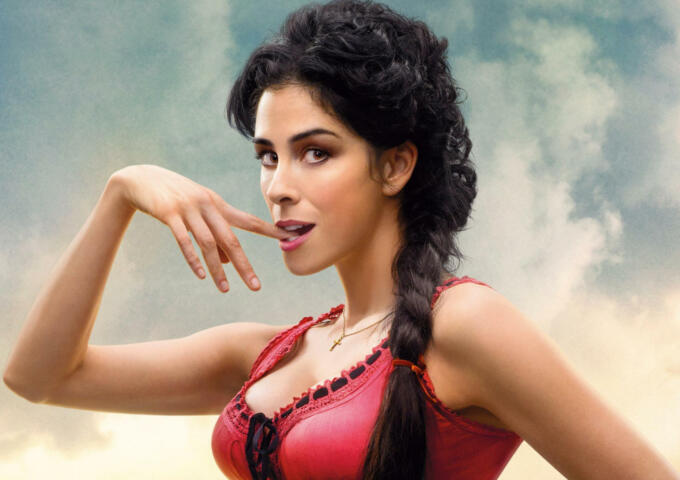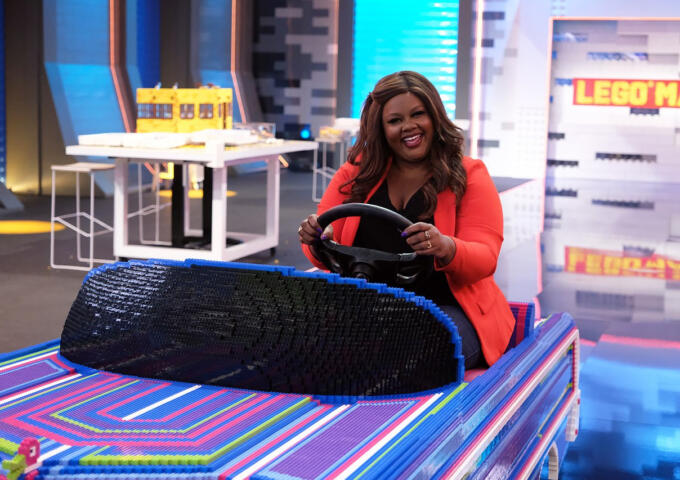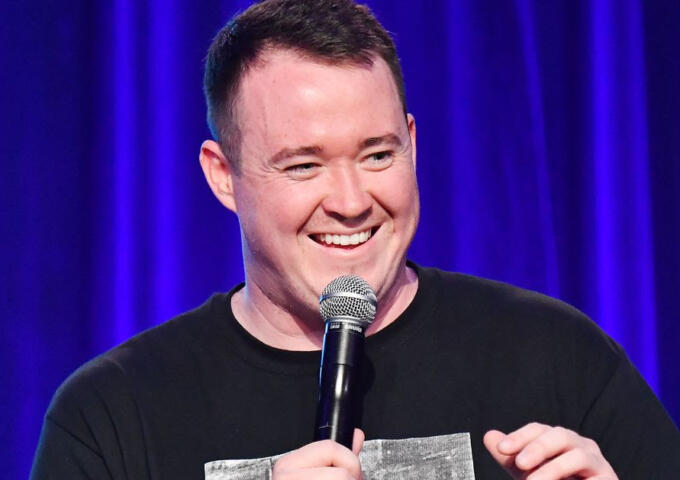The idea of the comedy club has never been a laughing matter. Sure, there is hearty humor to be shared between stand-ups and sketch artists at the comedy club, but the work is hard, having to not only ensure laughs and paydays and endure constant travel, but dodging cancel cultural types looking to ban your jokes, or worse – such as the case of New York’s Ariel Elias, who while performing at Uncle Vinnie’s Comedy Club in Point Pleasant Beach – getting full beers chucked at your head is a lot to bear and grin. At least Elias got to reign victorious, chug that same beer and wind up on Jimmy Kimmel’s show as a bonus for her bravery.
A.D. Amorosi spoke to a handful of stand-up’s hardest workers as to what the comedy club has meant to the life and their careers in the past and the present day, what comedy club they first experience stand up in, what comedy clubs they like to perform in, and what does it mean to stand on a comedy club stage in 2022 and face the music of cancel culture and more.
Doogie Horner, New York
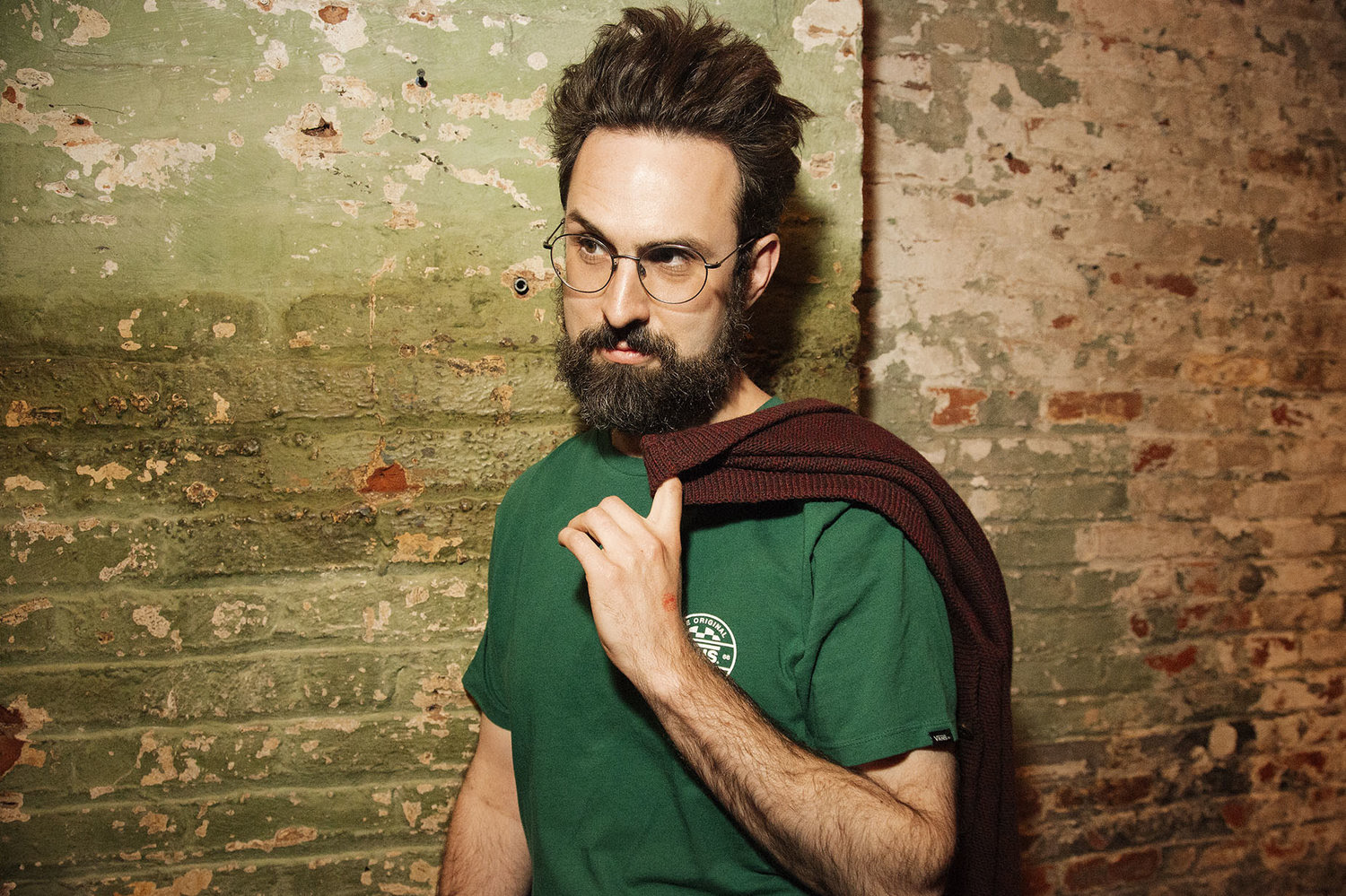
“The first live comedy I saw in a club was the Legendary WID. It was memorable. The crowd did not like him. You could feel the hostility flowing towards him; nobody was booing or saying anything mean, but they weren’t laughing, and were generally ignoring him. He stopped doing his material and said, “Alright, I know you want to heckle me, so go ahead, heckle me.” He had to talk the crowd into it, but finally he got them to start heckling him. And for every heckle, he’d yell back a hilarious retort. It was great. The first big show I saw at a comedy club was Pauly Shore at Helium Comedy Club. I wasn’t a fan of live comedy back then. I went because I thought it would be a hilarious train wreck, but he was actually quite good. He knew what he was doing. It was still a train wreck, but he was clearly wrecking the train on purpose.
My favorite stage to perform on was the Trocadero (may it rest in peace). Although it was a big room, you could still see just about everyone in the room from the stage. The acoustics were incredible. You almost didn’t need the microphone to be heard. And the room itself was beautiful. It felt historic. It made the audience and performers feel like they should honor the space. My favorite comedy club is Helium. It’s partially my favorite because it’s the club I started at, but it’s a good room regardless. The stage is the right height (not too high) the ceiling is the right height (not too high). I guess making a good comedy club is just about not making anything too high. Or too deep! The room isn’t too deep. Nobody is too far away from you. You feel you can reach every seat, like you can really control the room. There are some rooms that are too long, like the Atlanta Improv.
Comedy clubs are nice because they create a shared experience for the audience. Everyone laughs at the same time. Watching live comedy is like watching a horror movie in the theater. It feels good because everyone is feeling the same thing at the same time. It creates a feeling of community. There are less and less public places where you can be part of a community. The few place that are left are sporting events, live comedy, movies (which nobody goes to), church (which nobody goes to). Not a lot of people are in bowling leagues or the rotary club anymore. Going to live comedy is one of the rare ways you can still feel connected to the people around you. That and looting Wawas, I guess. I forgot about that one.


Pat House, Philadelphia
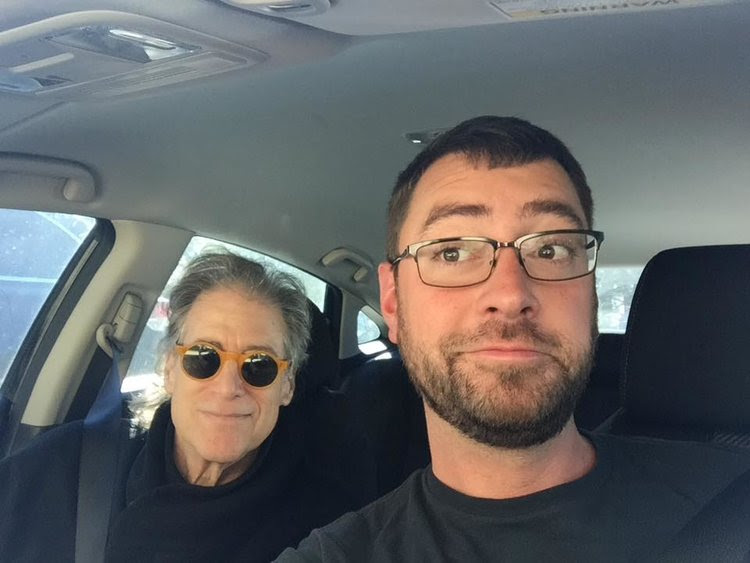
The first time that I ever engaged with a comedy club would probably be the first time I went to The Laff House on South Street. for my very first open-mic. It was my first time in a comedy club and it was my first time seeing a bunch of amateur comedians perform. That was definitely alluring and wonderful because I had been waiting years to be in that type of environment. I loved everything about that comedy club: seeing the old head shots on the walls, listening to everyone around me talk comedy, and then watching a whole mix of comedians on stage. Good comics, bad comics, weird comics. I love the whole array of what the comedy club and open-mic had to offer.
I’m biased toward Helium in Philly, because it’s my home comedy club, but myself and a million other comics agree that the Punch Line in San Francisco is comedy heaven. A small, intimate room where the crowds just get it. You can feel the club’s history and a lot of legends came out of that room. The crowds are intelligent, they get the little references and nuances and they’re there to listen and laugh.
The world of the comedy club is definitely different for a lot of reasons now. But I feel like it’s important to listen and laugh. If you don’t like what a comic says, wait a minute because another joke is coming. There’s no need to heckle, there’s no need to derail a show. If you really don’t like the comic, you can leave. There’s no reason to ruin the night for everybody, be physically or verbally abusive or start a witch-hunt online because YOU didn’t like a JOKE.
Gianmarco Soresi, Miami
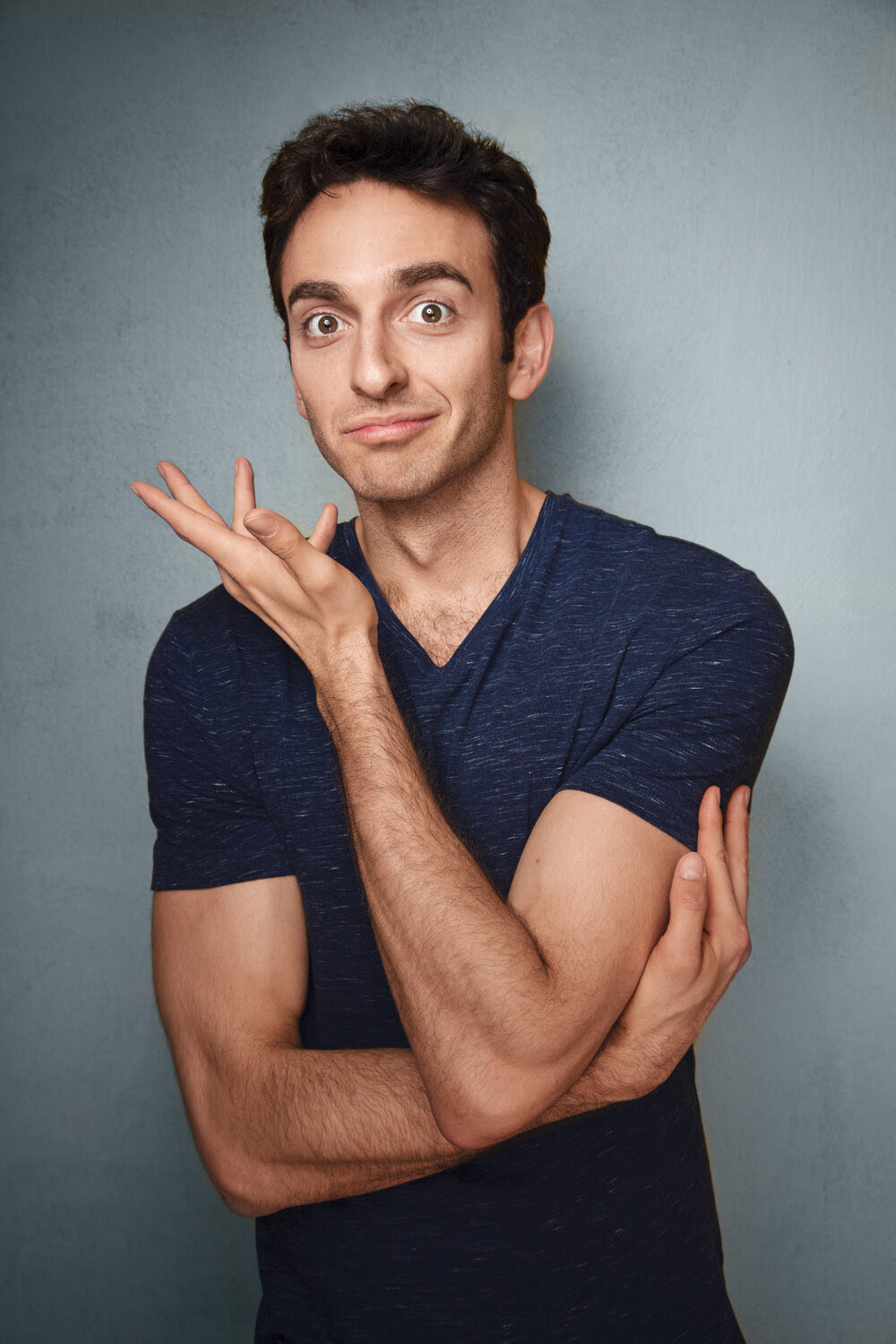
The first comedian I ever saw was Ralphie May at Caroline’s Comedy Club in New York City. I was only 13 so my mom had to sneak me in, and we were late, so we entered the showroom right as Ralphie May was doing a long and vulgar bit about different fingering techniques. It was glorious and confusing given I had yet to even kiss a girl. My first time onstage ended up being at Caroline’s as well after taking the club’s five week comedy course. Ralphie did much better than me.
My favorite comedy club to perform in, and I’m not just saying this because it’s literally the club I’m trying to promote with this interview, is the Philly Punch Line. I would get married there if I could. If I had to say why they’re my favorite it’s because they booked me to perform there. For me, that’s the #1 thing I look for in a comedy club.
Cancel culture and the comedy club? I think the term cancel culture means too many different things to too many different people to really hinge an answer on it so I would rather think of the question as why are comedy clubs/live artistic experiences important in an online world? To that I’d say that the internet provides us with an illusion of community, we have “friends” and get “likes” and feel little bursts of dopamine, but no matter how hard people like Mark Zuckerberg may try to fight it, we’re flesh and blood. There is something essential and ineffable we get from experiencing things in a room with people together. And, if I have to discuss cancel culture, experiencing people IRL can only help to understand each other as the nuanced, complex creatures we are, which increases our empathy, and steers us away from the idea that some small slight is deserving of eternal condemnation. That being said, there’s some people who do deserve eternal condemnation and usually those are the people complaining about “cancel culture” the loudest. In conclusion, it’s important for comedy clubs to exist so people from different backgrounds can gather together to watch me onstage talk about my sex life.
Dustin Nickerson, San Diego
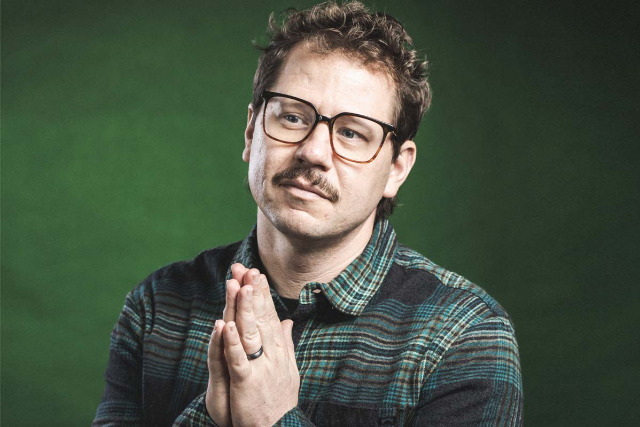
Comedy clubs? The first one I ever went to was the Comedy Palace in San Diego. Before I started comedy, we were seeing Jeff Dye. It was dark, gross, the food was terrible, the staff was awful, the drinks were overpriced…and I was hooked.
I could never pick just one comedy club, But there are a few clubs that are in the top tier and Philly’s Helium is included in that list. It has everything you want. Downtown, underground, low ceiling, hot crowds, good staff…nothing better.
In a post-pandemic, cancel (un) cultured world, comedy clubs are a fantasy. That’s why they are important. They are a place you only go for one single reason: to laugh. that’s the only goal. not to be offended or not offended, shocked or not shocked, not to be challenged or change the way you think. if those things happen along the way, fine. whatever. but the only ACTUAL goal, is the laugh.
